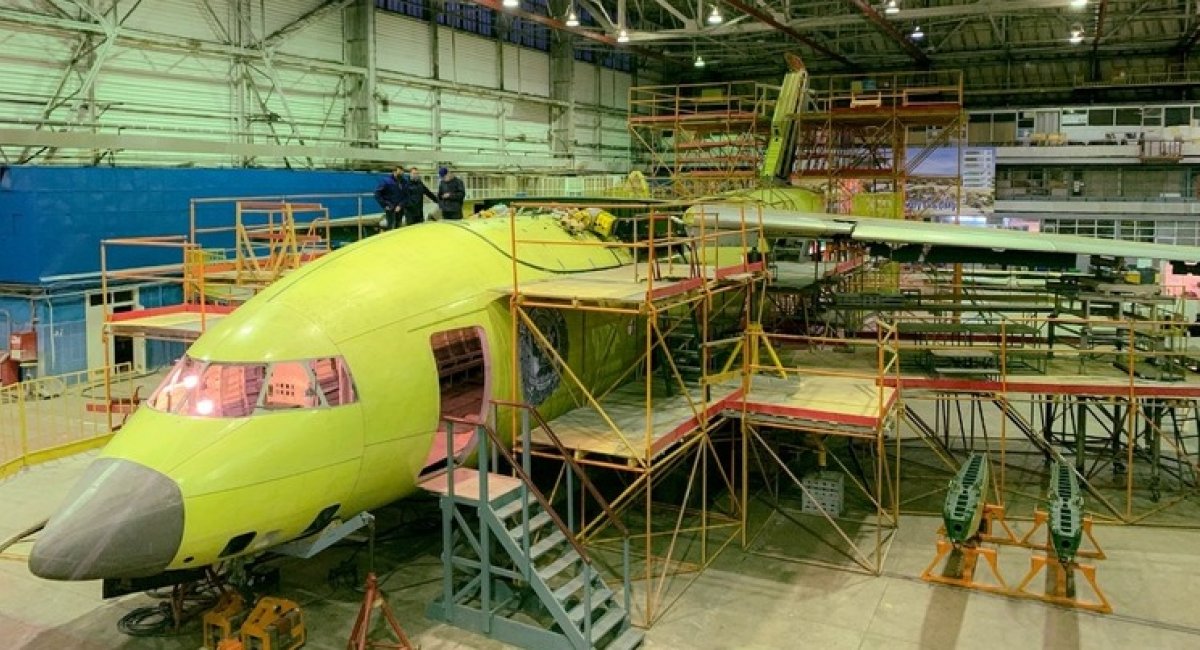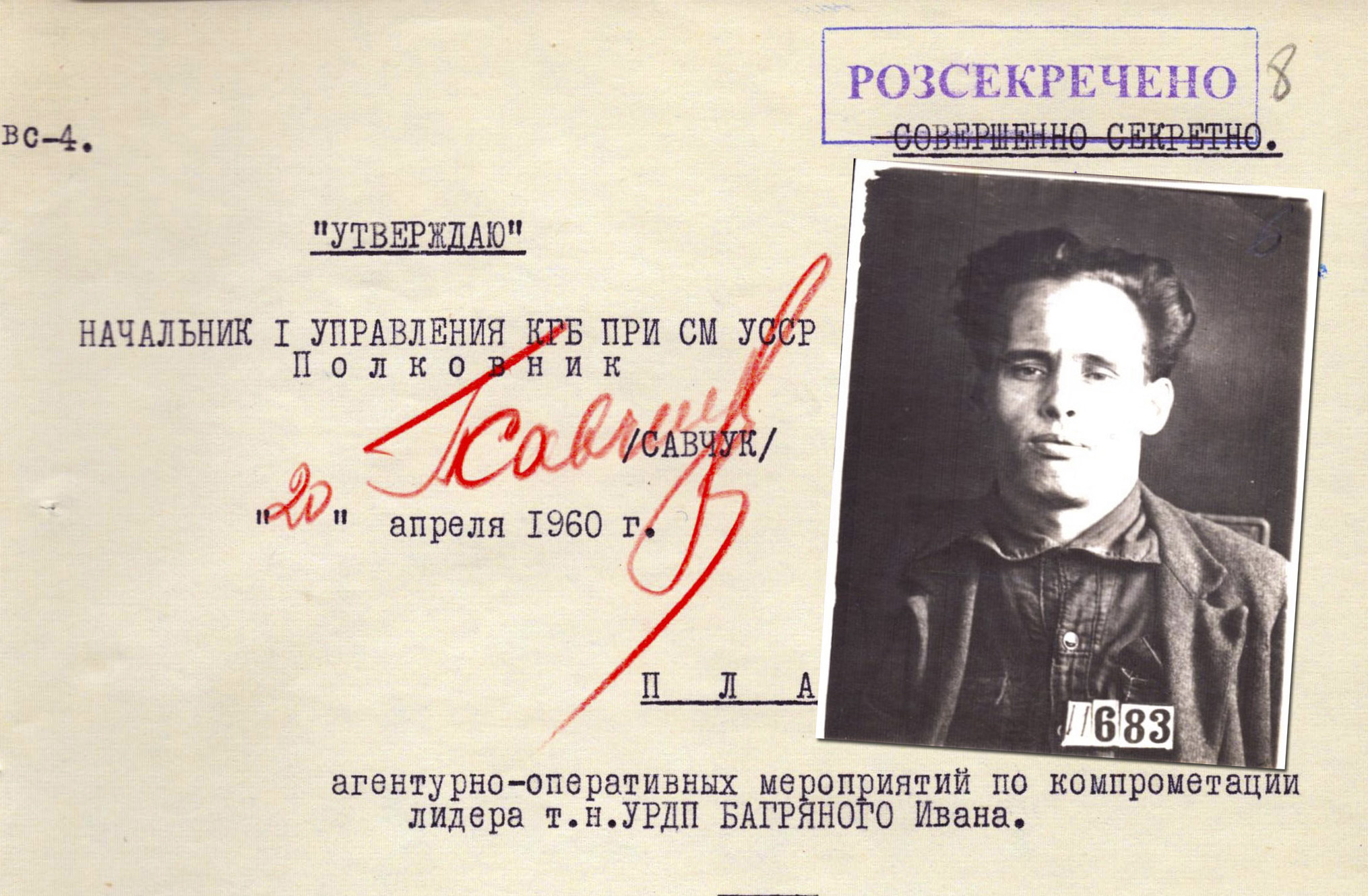Russia Does Not Stop Trying to Clip the Wings of the Ukrainian An-178
12/24/2020

In November 2019, the Ministry of the Interior of Peru held a tender for the purchase of aircraft for the needs of the National Police of Peru. It was attended by Spanish, Italian aircrafts and Ukrainian An-178, which was recognized as the winner.
There are no Russian planes on this list. But the Russians, as a rule, did not miss the opportunity to set foot on Ukrainian producers, as they have repeatedly done for many years. The goal is to discredit Ukraine as a potential competitor, accuse it of failing to meet its contractual obligations, and offer Russia's services and products instead.
First, immediately after the announcement of the tender results, a critical article appeared in the Spanish-language online newspaper Defensa.com, which publishes information mainly about South America. It expressed doubts that Ukraine would be able to fulfill the contract. In particular, it was pointed out that without Russian components to do so would be unrealistic.
This article soon spread to other Spanish- and English-language segments of the Internet. Well, and of course, to Russian-language ones. This is a well-established mechanism of reposts and citations, when as the source of information is taken the already published content, not the official position of the state or responsible officials. At this, the goal is to sow distrust and cast a shadow on the other side.
The next attack on the An-178 took place on September 25, 2020, when a number of Russian media (Lenta.Ru, RIA Novosti, Vzglyad, Regnum, etc.) spread information about the alleged suspension of the Peruvian Interior Ministry's contract for the purchase of Ukrainian aircraft and the readiness of Russian manufacturers to offer their planes.
Interestingly, some Russian media referred to a sort of “authoritative” investigative blogger, Ricardo Zedano, who was called a “journalist” by Venezuela's TeleSUR. It was he who published information about the alleged suspension of the contract. According to him, the reason for this decision was the An-178's not having international certificate.
In addition to his arguments, he sewed with white threads the dismissal of the Ukrainian Ambassador to the Republic of Peru, Ihor Tumasov, and the Director of the State Concern “Ukroboronprom”, Aivaras Abromavicius, who had nothing to do with the contract. Plus a criminal investigation against General Alfredo Vildoso Rojas, who was the head of the Peruvian Police Aviation at the time of signing the contract. Like, here are the reasons and consequences why the contract is broken.
However, Ricardo Zedano did not specify that Alfredo Vildoso Rojas is accused of corrupt purchase of medical masks for half a million dollars, and has nothing to do with the conclusion of the contract for the construction of aircraft. However, he did not fail to mention that Russia is updating the version of the Il-76 heavy aircraft and the Il-112 medium aircraft, which are allegedly an alternative to the Ukrainian An-178. This is exactly the information that the Russian Federation needed.
At the time when Ricardo Zedano was quoted by Russian propagandists, Ukroboronprom immediately responded to Russian “fakes”. “The foreign trade contract between SpecTechnoExport and the Ministry of Interior of the Republic of Peru for the supply of the An-178 aircraft for the needs of the National Police of the Republic of Peru is valid and corresponds to the mutual interest. Thus, the information that the Russian media began to spread in the media about the suspension of this contract doesn’t correspond to the facts”, the press service of SpetsTechnoExport emphasized.
In addition, the official position on this was expressed by the State Enterprise “ANTONOV”, which is part of the State Concern “Ukroboronprom”. “At the end of August jig assembly of the AN-178 airframe was completed. All the works on the aircraft modernization and the new equipment mounting are performed according to the approved schedule”, the company's press service said.
The Ukrainian military portal went further. It posted an article “Russia is Trying to Break the An-178 Contract for Peru” (November 12, 2020), in which, citing a journalistic investigation of the Ukrainian online aviation portal “Krylya” (“Wings”), it told about the “well-known expert” Ricardo Zedano, whom Russian media often cite.
”Krylya” found out that this “journalist” does not work for Venezuelan TeleSUR. Only two of his blogs are published in the section “I am a reporter” on the TeleSUR website. The section on that website is the subjective opinion of the authors, i.e. blogs that are not related to the editorial policy of TeleSUR. “Krylya” found one of the latest materials by Ricardo Zedano on the website of the “Federacion de Periodistas del Peru”.
At the same time, “Defense Express”, a Ukrainian information and consulting company specializing in the review of Ukraine's military equipment, armaments, and defense industry, has dug even deeper. On its web portal it posted an article “Peru Has Confirmed the Contract for the Supply of An-178” (November 12, 2020), which stated: “While the Russian media are trying to sell the Ministry of Interior of Peru aircrafts that do not even fly, at the expense of “local experts”, Peruvians have confirmed the contract for the supply of An-178”.
As for Ricardo Zedano, Defense Express points out that he “actually works for the Russian state-owned Russia Today and RIA Novosti and lives in Moscow”. After that, it becomes clear why this pseudo-expert is so persistent in his publications trying to prove that the An-178 is not the aircraft that the Peruvian Interior Ministry needs, and they need planes from the Russian Federation.
The case of Ricardo Zedano is not uncommon. On November 12, 2020, the Topcor.ru website published an article “In Peru, They Got to the Core of the Matter with the Ukrainian An-178 and Are Considering Buying Il-112” which testifies to Russia's rather persistent attempts to break the Ukrainian contract.
And the official position of the authorities of the Republic of Peru, which for obvious reasons is not interesting for Russian media, is unchanged: the contract for the manufacture of An-178 is valid. To put an end to all rumors, information attacks and “fakes”, the Ukrainian side resorted to organizing at the request of the Peruvian customer an online demonstration directly from the place of assembly of the aircraft.
“Despite the quarantine lockdowns, limiting the possibility of business trips abroad, SFTE SpetsTechnoExport together with ANTONOV Company held a videoconference from the assembly plant, where the AN-178 aircraft is being built for the Ministry of Internal Affairs of the Republic of Peru”, this is official message from the press service of “SpetsTechnoExport”.
On the Ukrainian side, the event was attended by the management of the ANTONOV Company and SpetsTechnoExport, representatives of the Ministry of Foreign Affairs of Ukraine and the Embassy of Ukraine in Peru.
The Peruvian customer was represented by the heads of the Administrative and Financial Affairs Office of the Ministry of Interior of Peru, the National Police of Peru, the Office of Strategic Procurement of the Aviation Department of the National Police of Peru.
The customer was informed about the degree of readiness of the aircraft and its components and was shown a detailed demonstration of the entire production process conducted directly from the assembly plant, which is building the aircraft intended for delivery to the Republic of Peru.
Such measures are an effective way to stop “fakes”. And for the response to be quick, effective and convincing, we must first of all know the nature of these “fakes”.
In the situation with the An-178, Russian propaganda used the so-called Woozle effect method to mislead the public – presentation of information based on “weak citation”. At this, the media selects some quotes and comments from foreign journalists, independent political scientists and experts and mixes them with distorted or simply inaccurate content to increase credibility of their arguments. Then materials from the foreign media are reprinted and the information space is filled with them as much as possible. As the Minister of Propaganda of the Third Reich, Josef Goebbels, said, “If you tell a lie big enough and keep repeating it, people will eventually come to believe it”.


